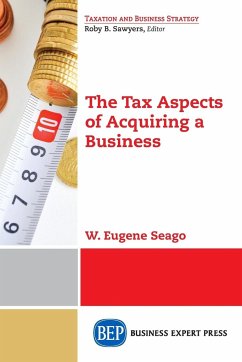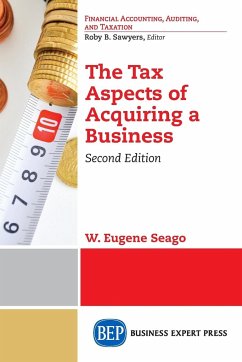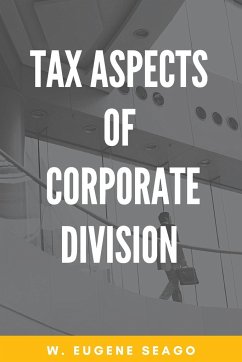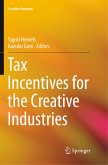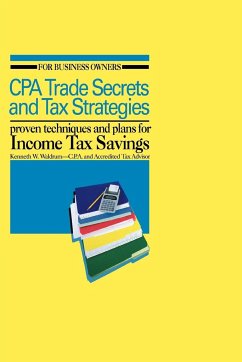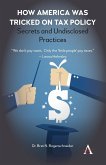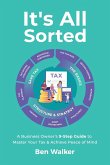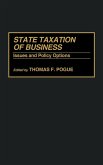Tax considerations are seldom the determining factor in deciding whether to purchase a business. However, taxes often affect the price and form (e.g., purchase of stock or purchase of assets) the acquisition takes. This is true because the rationally determined price will be based on the expected present value of after-tax future cash flows. The tax component of the equation will depend on the form the acquisition takes. From the seller's perspective, tax considerations are extremely important. The tax implications of the purchase and sale of a business depend largely upon who is the buyer and who is the seller and what is being bought and sold. The business being purchased may be an unincorporated proprietorship, a single owner limited liability company (LLC), a partnership (or an LLC with more than one member), a C corporation, or an S corporation. The form of the sale (asset or stock) affects the character of the seller's gain (ordinary or capital) and the buyer's basis of the assets. Basis becomes the buyer's future tax deductions. Just as the price the buyer is willing to pay is based on projected present value of the after-tax proceeds, the price that is acceptable to the seller will depend upon his or her expected after-tax proceeds. Both parties must be aware of the other party's tax consequences to achieve a rational agreement.

